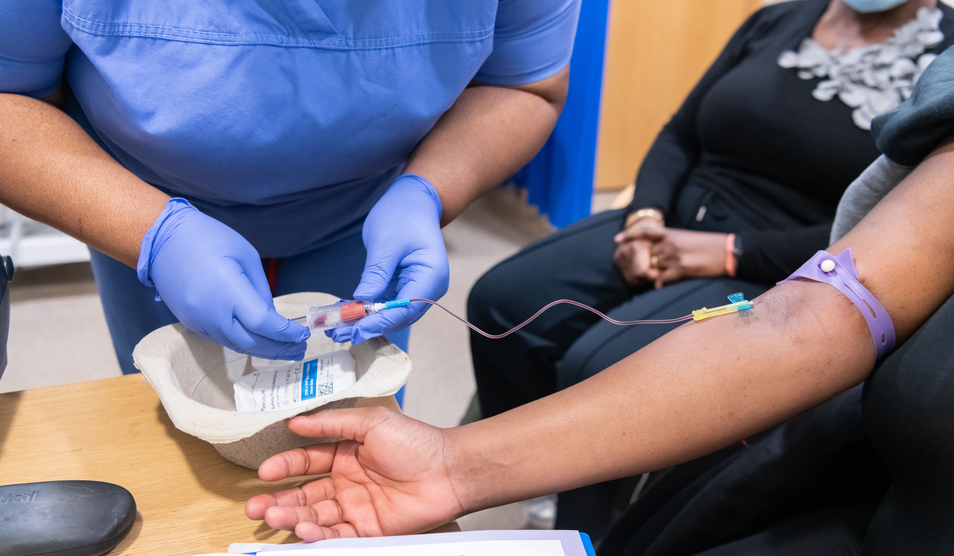National NHS complaint-handling policies could go further to support an improvement-focused approach to complaints
Researchers from the NIHR Imperial Patient Safety Translational Research Centre (PSTRC), a partnership between Imperial College London and Imperial College Healthcare NHS Trust, say the process for raising formal complaints can be unclear for patients and relatives, with NHS complaints teams often focusing on whether to uphold a complaint or not, to reach targets set within national policy. The study suggested more could be learned from concerns and issues raised by complaints so NHS trusts can learn from them and make improvements, even if a complaint itself is not upheld.
Lead researcher Dr Jackie van Dael, of the NIHR Imperial PTSRC, which is part of the Institute of Global Health Innovation at Imperial College London, said: “The complex nature of the NHS complaints system is often cited as an obstacle to effective complaint handling. However, a detailed examination of how national rules, regulations and infrastructure influence complaint handling, investigation and monitoring within hospitals has remained relatively unexplored.”
Published by the Journal of the Royal Society of Medicine, the paper used data from staff interviews and analysis of complaints documentation at a multi-site acute hospital trust in London. Four areas were identified where the design of national rules and policies were reported to undermine a patient-centric and improvement-focused approach to complaints. These relate to: access to the complaints process, the conduct of investigations, data collection systems and administrative performance targets
Staff interviewed frequently mentioned potential confusion regarding the routes for raising concerns. They cited a lack of awareness, among both patients and frontline staff, about the difference between the role of the formal complaints team and the Patient Advice and Liaison Service (PALS) - PALS teams aim to resolve lower-level concerns and queries directly on the ward.
Dr van Dael said: “The visibility of PALS positions the service as a catch-all destination for patient concerns and queries and served to overshadow complaints departments in some cases.”
In addition to clarifying the roles of PALS and the formal complaints process for staff and patients, the researchers suggest reviewing national data collection systems, and re-considering the regulatory requirement for hospitals themselves to judge whether complaints are ‘well-founded’.
“All complaints are opportunities towards better understanding patients’ needs and their unique perspective on organisational safety,” commented Dr van Dael.
“We recommend involving patients and families in complaints investigations as standard practice and creating opportunity for dialogue between involved staff and affected patients. Our study was conducted at one NHS organisation but some of the identified challenges resonate with findings from earlier inquiries – showing problems are systemic, rather than unique to one trust.”
Mr Erik Mayer, clinical reader at Imperial College London, said: “A transparent culture and more meaningful data analysis strategies will ensure that concerns raised and complaints made, used alongside other forms of patient feedback received in the NHS,are translated into quality improvement initiatives to help address recurring patient safety issues.”



